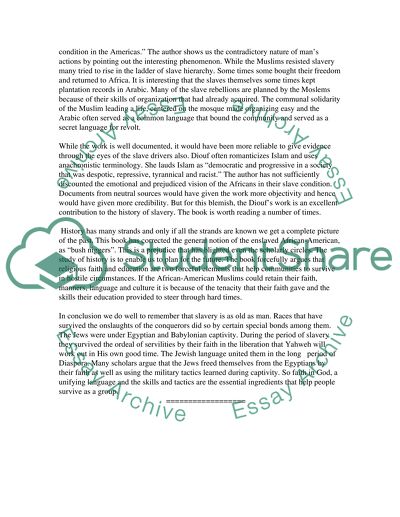Book Review Essay Example | Topics and Well Written Essays - 1000 words - 3. Retrieved from https://studentshare.org/miscellaneous/1539114-book-review
Book Review Essay Example | Topics and Well Written Essays - 1000 Words - 3. https://studentshare.org/miscellaneous/1539114-book-review.


